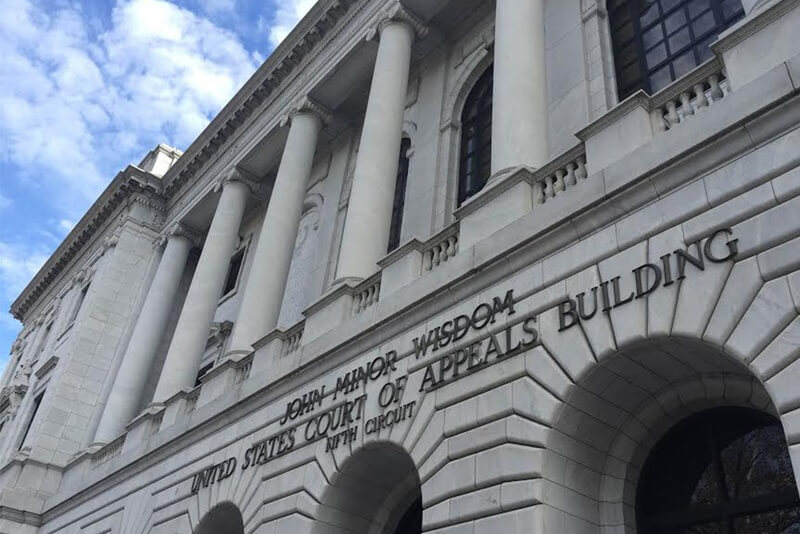
 Below are some case summaries from recent Fifth Circuit Cases regarding search and seizure and confessions.
Below are some case summaries from recent Fifth Circuit Cases regarding search and seizure and confessions.
4th Amendment Search and Seizure
United States v. Gray, February 1, 2012
Officers had probable cause to believe that appellant was concealing crack cocaine in his rectum. After conducting two strip searches, in which appellant was not fully cooperative, an officer told appellant that he could either undergo a third strip search, be placed in a cell with a waterless toilet or he could consent to a rectal x-ray examination. After appellant refused to consent to any of these options, officers obtained a search warrant in which appellant was forced to submit to a proctoscopic examination under sedation. A doctor eventually recovered over nine grams of crack cocaine from within appellant.
The court held that the search was unreasonable because it was demeaning and intrusive to appellant’s personal privacy and bodily integrity and that there were less invasive ways to recover the evidence, such as a cathartic or an enema. However, court held the evidence should not be suppressed because the police acted on good-faith reliance on a valid search warrant. In doing so, the court encouraged magistrates, where feasible, to hold a hearing to allow for more careful consideration of the competing interests at stake in medical procedure search cases.
United States v. Hernandez, February 8, 2012
Federal agents received an anonymous tip that appellant was harboring illegal aliens in her trailer. The agents conducted a knock-and–talk in which they banged on the doors and windows, with their weapons drawn, while demanding entry and then attempted a forced entry by breaking the glass on the door. When appellant answered the door, she admitted that an illegal alien was inside her trailer. Agents entered the trailer and arrested appellant and two illegal aliens. The court held that the agents’ conduct during their knock-and-talk violated the Fourth Amendment. Since a Fourth Amendment violation had occurred by the time appellant came to the door, the agents could not rely on her admission as probable cause to either enter the trailer or arrest her.
Next, the court held that the incriminating statements appellant made to the agents, after her arrest at their office, were also inadmissible. They occurred only a few hours after an egregious Fourth Amendment violation and no intervening events occurred to break the connection between her arrest and her statements.
Finally, the court held that the statements obtained from the two illegal aliens were inadmissible against appellant. The government offered nothing more than pure speculation that their statements would have been inevitably obtained but even if they had, their statements were not sufficiently separated from the Fourth Amendment violation to make them admissible.
Voluntariness of Confession
United States v. Cantu-Ramirez, February 6, 2012
In this multiple defendant case, appellant Lauro Grimaldo argued that the district court should have suppressed his confession because federal agents delayed in presenting him to a magistrate judge for more than two hours for the purpose of interviewing him and obtaining a confession.
The court disagreed after applying the Supreme Court’s guidance from Corley v. United States. First, because appellant’s presentment was delayed for less than six hours, his confession was admissible as long as it was obtained voluntarily.
Second, based on the totality of the circumstances, the court found that nothing about the interview indicated that his confession was involuntary. The interview lasted only ninety minutes, the agents wore casual clothing, appellant was not handcuffed and the agents offered him food and drink and allowed him to make several phone calls. The agents advised appellant of his Miranda rights and took care to ensure that he understood and voluntarily waived them. The agents obtained appellant’s confession voluntarily and it was properly admitted against him.







